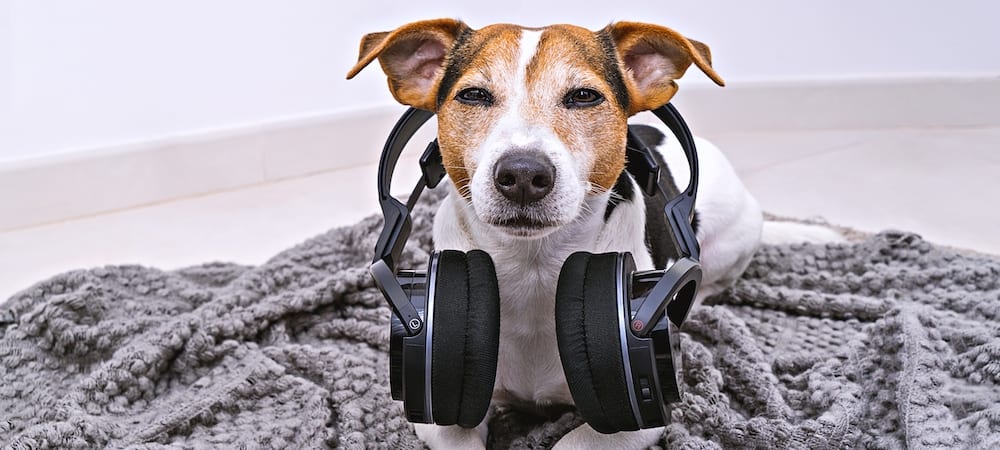What Are Dog Music and Cat Music?

You’re driving down the highway with your dog. Your pup is practically fast asleep when suddenly your playlist gets to THAT song. You know the one. Your dog bolts upright and starts howling along with the music. What’s that all about? Do pets have favorite music just like humans? They do indeed. Here’s the scoop on dog and cat music.
Music Therapy for Pets
Music absolutely has an effect on pets’ moods and this can be used to benefit their mental health. It hasn’t been until recently that humans have begun to learn more about the influence of music on the emotional state of pets and if they have a similar response as people.
However, research suggests that yes, animals do react well to certain types of music. Although, their musical preferences might differ from that of their owners. Concert pianist Lisa Spector and psychoacoustics researcher Joshua Leeds believe dogs, for instance, prefer classical music played slower and one octave lower than normal.
One significant study, by Dr. Kogan from the Colorado State College of Veterinary Medicine, examined the effects of calming music on dogs in anxiety-provoking environments. The study looked at the behavior of 117 dogs who listened to heavy metal and classical music. It concluded that classical music provided a calming effect while metal caused agitation.
Despite these findings, there is still much to know about the effects of music on animals. Areas of the brain, the auditory cortex and multiple parts of the limbic system, come into play. These areas help regulate emotion. As a pet (or human for that matter) listens to classical music, cortisol levels (the stress hormone) lower in the blood. This provides the calming effect.
While researchers aren’t certain on the specifics of relaxing music’s influence on the brain, they know what the overall effect is on animals. Calming music and other sounds alter physiological processes in the autonomic system. This system in is charge of a pet’s fight-or-flight mode and can cause an animal to panic or calm down. When relaxing, an animal will be less vocal, sleep better and have a slower heart rate.
While there has been some research on dog music, less is known about cat music and the effects of soothing sounds on our feline friends. Some folks speculate it’s because they’re uninterested in sound and music, but others hypothesize it’s because cats have sound preferences that are different from that of dogs and humans. As mentioned earlier, dogs seem quite taken with classical music. Humans on the other hand gravitate toward rhythms similar to that of a mother’s heartbeat. But cats? They like rhythm and sounds that they hear after being born. You might be unsurprised to learn that some of these sounds include purring and bird chirping.
Interested in trying out some music therapy on your pets? You might find that classical music helps with your dog’s anxiety when you’re away from home or when fireworks are going off. For cats, you might want to try a nature sounds recording full of bird chirping. There are plenty of specific dog music and cat music recordings available for purchase online as well.



